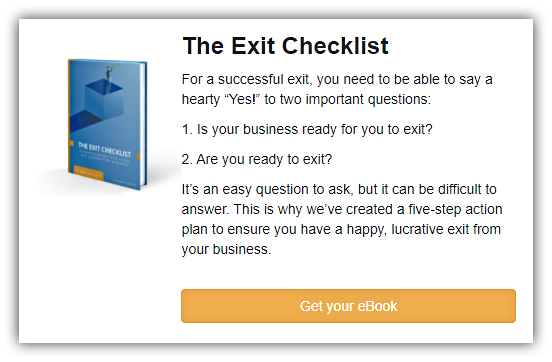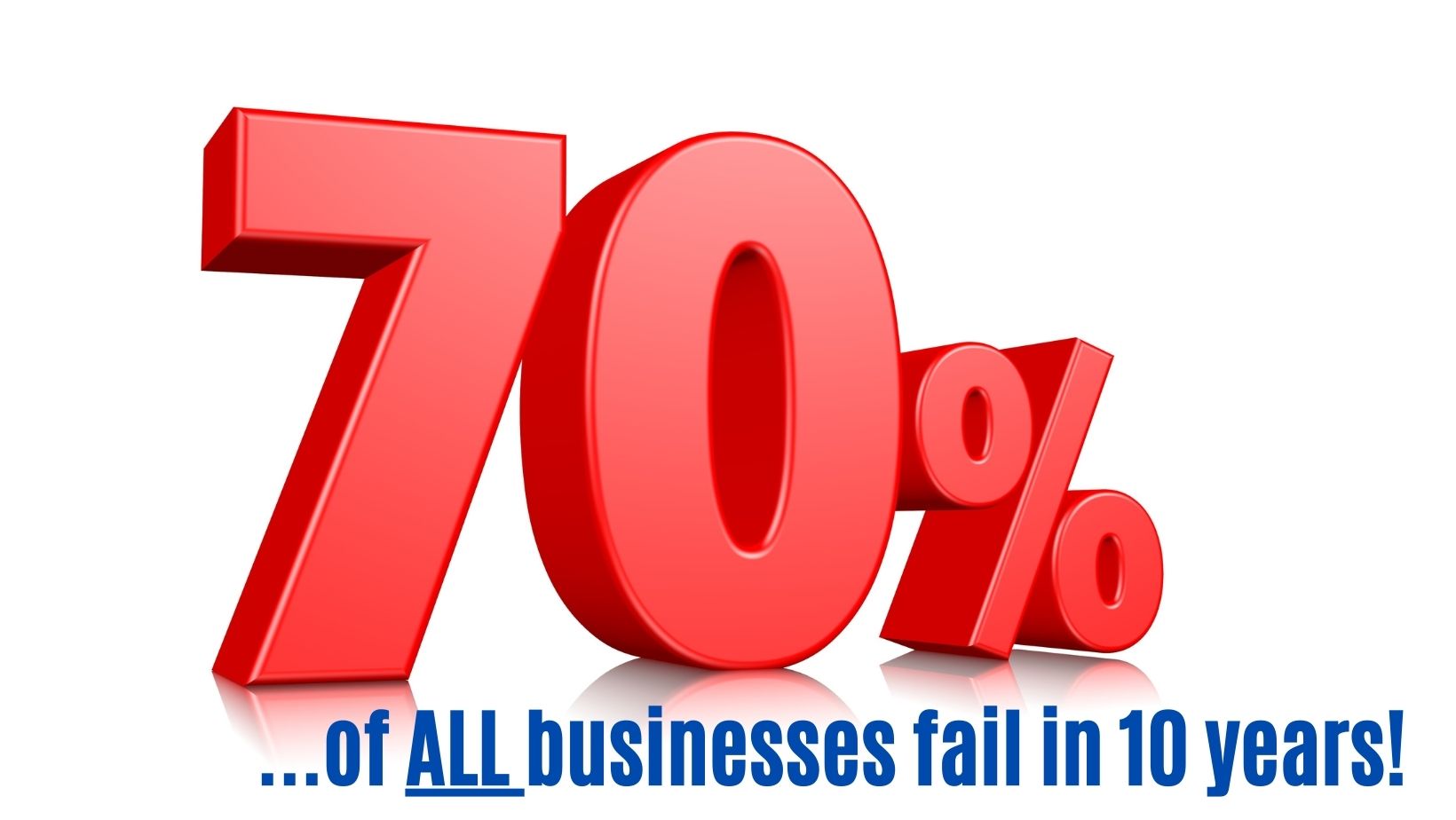The Definition Of A Proprietary Deal
One of the biggest mistakes owners make in selling their company is being lured into a proprietary deal.
Acquirers land a proprietary deal (or “prop deal”) when they convince owners to sell their businesses without creating a competitive marketplace. Acquirers running a proprietary deal know they don’t have any competition and tend to make weaker offers with more punitive terms because they know nobody else is bidding.
Many founders become the target of a proprietary deal without even knowing they have been duped. First, someone senior from the acquiring company approaches the founder, complimenting them on their business.
The acquirer suggests lunch, and then high-level financials are exchanged. Soon, the owner starts going down a path that is difficult to come back from.

As the parties in a proprietary deal get to know one another, founders often share information with the acquirer that puts them in a compromised negotiation position. The interactions are set up as friendly exchanges between two industry leaders, but many founders reveal key facts in these discussions that end up being used against them when negotiations turn serious.
Business owners also become more emotionally committed to selling the more resources they invest in the process and the more time they spend thinking—perhaps dreaming—of what it would mean to sell their business.
How To Avoid Getting Taken In By A Proprietary Deal
Savvy sellers avoid the proprietary deal by creating a competitive process for their company. Take for example Dan Martell, the founder of Clarity.fm, among other companies.
When Martell decided to sell Clarity, he knew the likely buyer was one of five New York-based companies. Instead of negotiating with one, he invited all five to an event he hosted in New York. The five CEOs—all of whom knew one another—saw a room full of their competitors and realized that if Clarity went on the market, they would have to out-bid the other buyers in that room.
Hosting the event was Martell’s way of communicating to all the potential buyers that a proprietary deal was off the table and that if they wanted to buy Clarity, they would have to compete for it.
It’s flattering to receive a call from an executive at a company you respect. Just know that if you accept their invitation of lunch, you run the risk of becoming the latest casualty of the proprietary deal.
Get A Trusted Advisor When Negotiating A Business Sale
A proprietary deal will get the buyer of a business a great bargain and a broker will only value your business on the value it is today. An Independent Consultant can help you now to stay focused on increasing the value of your business by helping you to position your business for the greatest value.
Did You Know It Takes 3-5 Years To Sell A Business?
That is a long time, a lot can happen. Just look at 2020, who would have thought a pandemic could shut down our prosperous nation. But it did. Planning ahead with a trusted Consultant can literally add millions to your asking price and can help you position your company for the largest sale price possible.
Gary Holt, Certified Value Builder™ For Business Valuation
Gary has helped many companies sell for the highest price possible. His 40+ years of business experience paired with his training as Certified Value Builder™ gives you quick insight into the value of your business today.
What is Value Builder™?
The Value Builder System™ is a scientific methodology proven to increase the value of your business. After analyzing over 40,000 businesses, the average Value Builder Score is 59 out of a possible 100. If we look at the acquisition offers these businesses have received, the average offer is 3.5 times pre-tax profit.
The Value Builder users who have improved their score to 90 or greater – by following the system – are receiving offers of 7.1 times pretax profit on average.
Value Builder™ is a realistic look at the true value of your business as it stands today. Would you rather sell your business for 3.5 times pre-tax profit or 7.1 times pre-tax profit?
Are You Ready To Sell?
Not Sure? Checkout our FREE e-Book, The Exit Checklist.




